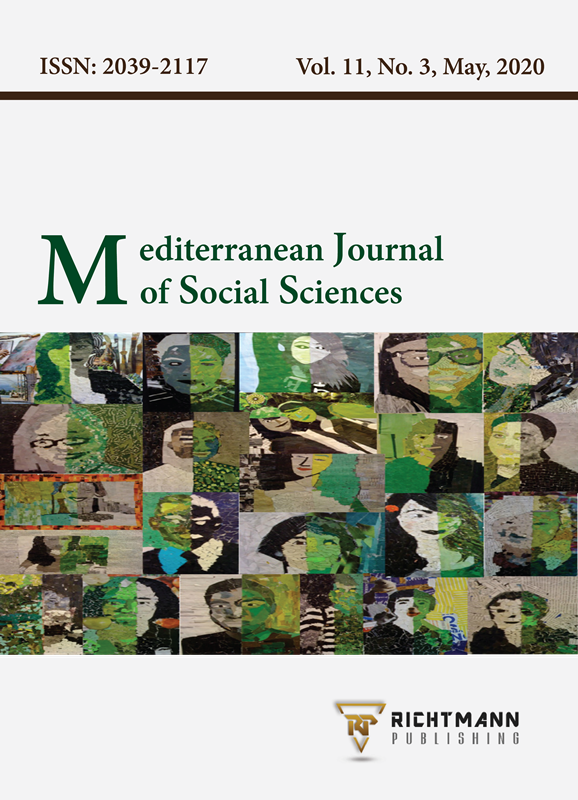The Root Causes of the Crisis in Northeast Nigeria: Historical, Socioeconomic and Environmental Dimensions
DOI:
https://doi.org/10.36941/mjss-2020-0033Abstract
Nigeria is confronted with numerous conflicts throughout the country. In the northeast part, a humanitarian crisis has been playing out for the past ten years, mostly caused by the insurgency of the Islamist terrorist group Boko Haram. In this paper, we examine the root causes of the crisis based on its historical, socioeconomic and environmental dimensions. We examine available literature and draw conclusions and recommendations based on interviews that we conducted with experts in Nigeria. The results show that even though poverty may constitute a strong reason for many youths to join the insurgency, it is not a sufficient factor to explain the conflict. Furthermore, the results also show that the historical legacy of northeast Nigeria as well as the socioeconomic neglect of the region and its harsh environmental conditions may have created favorable conditions for the current crisis. We recommend a reinforced education system that significantly increases school attendance and that aims at educating young individuals on the historical legacy of the region. The identification of the various conflict actors in order to better understand the reasons behind their involvement is also recommended. In conclusion, the causal link between poverty, environmental change and past history contributing to the region’s crisis is not easily drawn, but the evidence suggests that the lack of economic opportunities and the lack of education may contribute to the development of the conflict that leads to the crisis.
Downloads
Downloads
Published
Issue
Section
License
This work is licensed under a Creative Commons Attribution-NonCommercial 4.0 International License.











